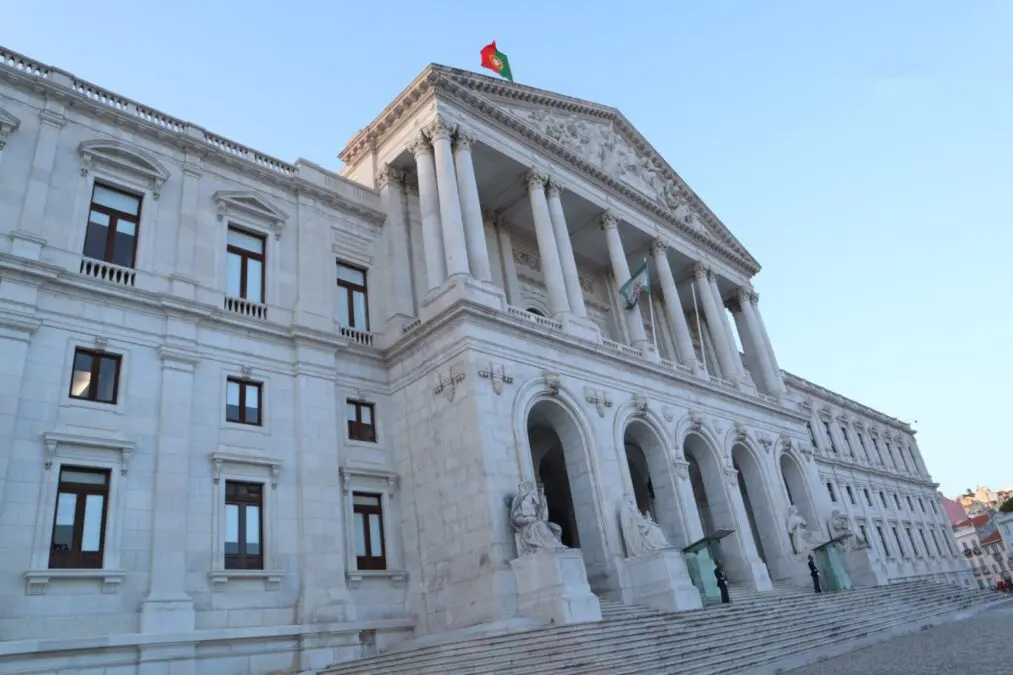António Costa reelected, PS wins 2022 Portuguese General Elections
Out of the many scenarios for this election in Portugal, this one was the most sought after by António Costa, the parliamentary majority for the Socialist Party. Voter turnout was almost 10% higher than in 2019.
He asked for it, he got it, almost all political analysts called a socialist parliamentary majority “impossible” and even António Costa said at the beginning of the night that an absolute majority was an “extreme scenario”. However, 41,68% was enough for a majority in the parliament.
117 deputies elected, 116 needed for an absolute majority.
Never, in the history of Portuguese Democracy has a parliamentary majority been formed with so few votes, the last, and at the time only, the absolute majority for PS was in 2005 with 45,03% of the votes.
PS won all electoral districts except Madeira, a social-democratic bastion, but all other PSD electoral bastions, like Leiria and Viseu for example, were lost to the socialists. This was also one of the major surprises of the electoral night.
The leader of PSD, Partido Social-Democrata (Social-Democratic Party), Rui Rio announced that with a socialist majority “I can’t see how I can be useful” for the party.
This result was a big upset for the social-democrats, Rui Rio expected to increase not only the PSD vote but also the social-democratic parliamentary representation. However, the voter share had only a minimal increase and the PSD parliamentary group will only have one more deputy compared to 2019. PSD wasn’t even able to cross the 30% mark.
CHEGA! (ENOUGH!) is now the 3rd political force in Portugal, even exceeding expectations in relation to the number of deputies elected, the populist party has now 12 deputies, increasing the parliamentary group by eleven members. The party also managed to have a better result in the north of the country than expected.
Iniciativa Liberal (Liberal Initiative), also had only one deputy and now has 8. The party almost had 5% of the vote (4,98%), this result is within the expectations although some polls not only pointed to 6% but also predicted the liberals to be the 3rd political force in Portugal. The party leader, however, did not mention any disappointment.
The former members of “gerigonça” (name given to the informal alliance between the left-wing political parties in Portugal, PS/BE/PCP) had a terrible electoral night. Bloco de Esquerda (Left Bloc) went from 500.017 votes (9,52% of the vote, 3rd political force) to 240.257, losing more than half of the votes, but more importantly 14 deputies, with the leftist parliamentary group being reduced to only 5 members.
The CDU, a coalition led by the PCP, Partido Comunista Português (Portuguese Communist Party) also lost a big share of the vote, going from 6,33% and 12 deputies to 4,39% and 6 deputies. PEV, the ecologist party and the other member of CDU, Coligação Democrática Unitária (Unitary Democratic Coalition), disappeared from the Portuguese Parliament.
Livre (Free) and PAN (People Animals Nature) managed to elect 1 deputy each, but with the Socialist Party absolute majority, will both probably have little, to no relevance in the Portuguese scene.
Although CDS-PP (CDS-People’s Party) had more votes than PAN and Livre, the Christian-democratic party failed to elect any deputy. Francisco Rodrigues dos Santos, the centrists’ party leader, presented his resignation as he is “no longer able to lead the party”.
Results*:
PS (Socialist Party) – 41,68% – 117*
- PPD/PSD (Social-Democratic Party) – 29,27% ** – 76*
- CH (ENOUGH!) – 7,15% – 12
- IL (Liberal Initiative) – 4,98% – 8
- BE (Left Bloc) – 4,46% – 5
- CDU – PCP/PEV (Portuguese Communist Party/”The Greens”) – 4,39% – 6
- CDS-PP (CDS-People’s Party) – 1,61% – 0
- PAN (People Animals Nature) – 1,53% – 1
- Livre (Free) – 1,22% – 1
*There are 4 seats in the Portuguese Parliament reserved for the votes outside the Continent and the Autonomous Regions (Açores and Madeira), Europe and Outside of Europe electoral districts. However, each party will almost certainly have 2 seats each from those 2 electoral districts.
**In Madeira and Açores, PSD was part of a coalition with CDS-PP and CDS-PP/PPM respectively, but all the deputies elected by the coalitions are militants of PSD.
António Costa now awaits the request of the Portuguese President, Marcelo Rebelo de Sousa, to form his “new” government.
More information about the Portuguese General Elections to follow.
See the official results HERE – https://www.legislativas2022.mai.gov.pt/resultados/globais







